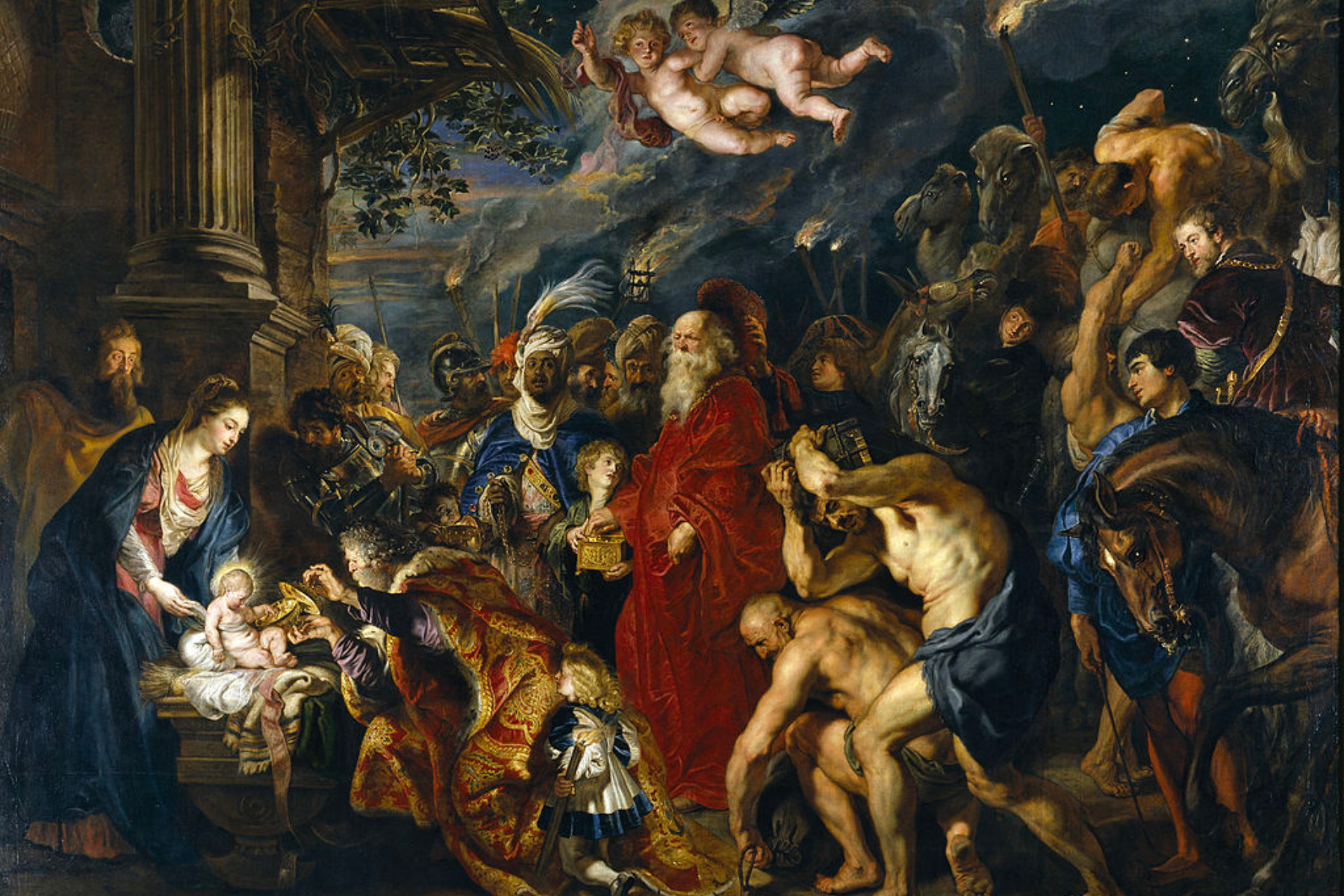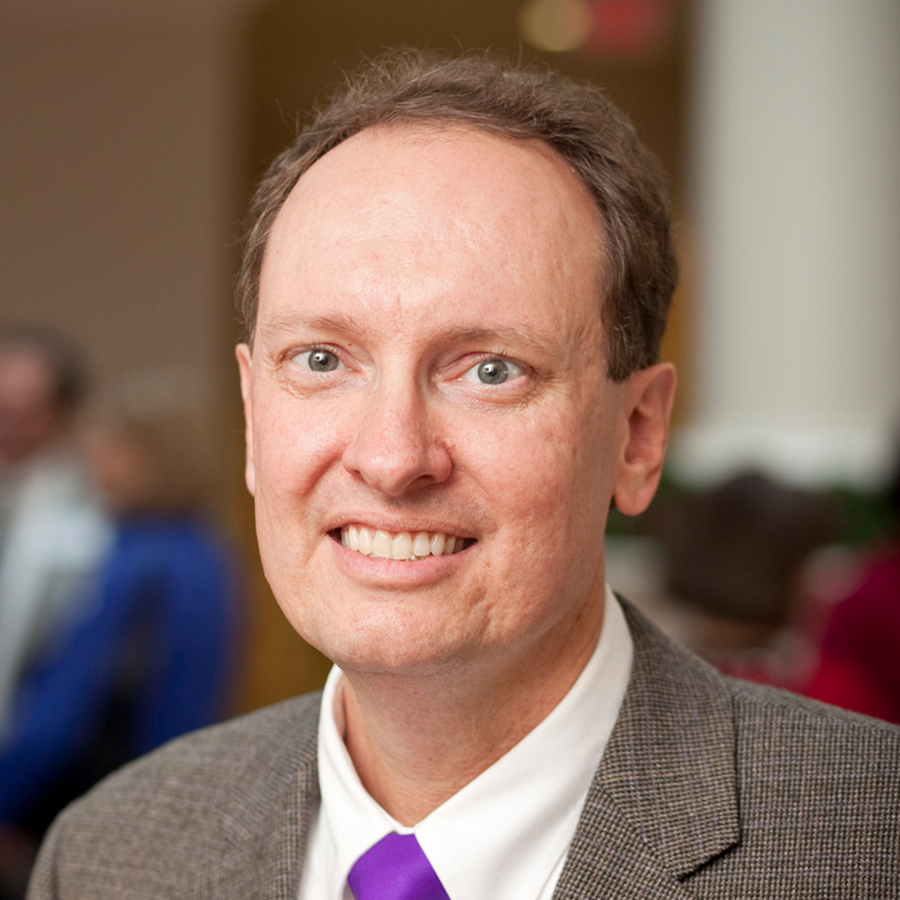The Astonishing Ascendance of Celebrating Christ’s Birth
 Dr. Donald Fairbairn
Dr. Donald Fairbairn
It should come as no surprise that Advent, as a season of preparation for the celebration of Christ’s birth, was slow to emerge in Christian history. In the earliest Christian churches there were no annual worship rhythms at all. Instead, there were daily rhythms of prayer and weekly ones of public worship, with Sunday set aside to commemorate the resurrection of Christ. In a sense, Easter was celebrated fifty-two times a year (!), so there was no apparent need for an annual observance as well. By the late second century, though, an annual celebration of the resurrection became common, which opened the door for annual celebrations of Christ’s birth and other important events in his life. In the third century, Christmas began to be celebrated on January 6, and the first reference we have listing the date as December 25 comes from the year 354. Because December 25 was a pagan holiday, it is likely that Christmas was placed in that slot to compete with the earlier pagan celebration.
One of the earliest sermons we possess that could conceivably be called an “Advent Sermon” was preached in 386 in Syrian Antioch by John Chrysostom, the early church’s greatest preacher who would later go on to be the bishop of the capital city, Constantinople. The celebration of Christmas was new in Antioch at that time, and he urges his hearers to adopt the unfamiliar holiday. As we read the closing words of the sermon today, they seem strangely and comfortingly familiar. Countless preachers in a multitude of places and times have said much the same thing. Indeed, most of those preachers were probably cribbing from others what they themselves were saying, and those others had probably cribbed it from still others, who ultimately might have gotten it from Chrysostom’s eloquent reflections on Luke 2.1 This Advent, let us hear anew the wonder of the Savior’s birth, with John Chrysostom and with the whole Christian Church throughout the ages:
What shall I say? And how shall I describe this birth to you? For this wonder fills me with astonishment. The Ancient of Days has become an infant. He who sits upon the sublime and heavenly throne, now lies in a manger. And he who cannot be touched, who is simple, without complexity, and incorporeal, now lies subject to the hands of men. He who has broken the bonds of sinners, is now bound by an infant’s bands. But he has decreed that ignominy shall become honor, infamy be clothed with glory, and total humiliation the measure of his goodness.
For this he assumed my body, that I may become capable of his Word; taking my flesh, he gives me his Spirit; and so he bestowing and I receiving, he prepares for me the treasure of life. He takes my flesh, to sanctify me; he gives me his Spirit that he may save me.
Come, then, let us observe the Feast. Truly wondrous is the whole chronicle of the Nativity. For this day the ancient slavery is ended, the devil confounded, the demons take to flight, the power of death is broken, paradise is unlocked, the curse is taken away, sin is removed from us, error driven out, truth has been brought back, the speech of kindliness diffused, and spreads on every side, a heavenly way of life has been implanted on the earth, angels communicate with men without fear, and men now hold speech with angels.
Why is this? Because God is now on earth, and man in heaven; on every side all things commingle. He became flesh. He did not become God. He was God. Wherefore he became flesh, so that he whom heaven did not contain, a manger would this day receive. He was placed in a manger, so that he, by whom all things are nourished, may receive an infant’s food from his virgin mother. So, the Father of all ages, as an infant at the breast, nestles in the virginal arms, that the Magi may more easily see Him. Since this day the Magi too have come, and made a beginning of withstanding tyranny; and the heavens give glory, as the Lord is revealed by a star.
To Him, then, who out of confusion has wrought a clear path, to Christ, to the Father, and to the Holy Spirit, we offer all praise, now and forever. Amen.
[1] The Greek text of the sermon is in Patrologia Graeca, vol. 49, cols. 351-62. The translation into English is provided here.
 Dr. Donald Fairbairn is the Robert E. Cooley professor of early Christianity. He is the author of ten books, the most recent being The Global Church—The First Eight Centuries: From Pentecost through the Rise of Islam (Grand Rapids: Zondervan Academic, 2021).
Dr. Donald Fairbairn is the Robert E. Cooley professor of early Christianity. He is the author of ten books, the most recent being The Global Church—The First Eight Centuries: From Pentecost through the Rise of Islam (Grand Rapids: Zondervan Academic, 2021).